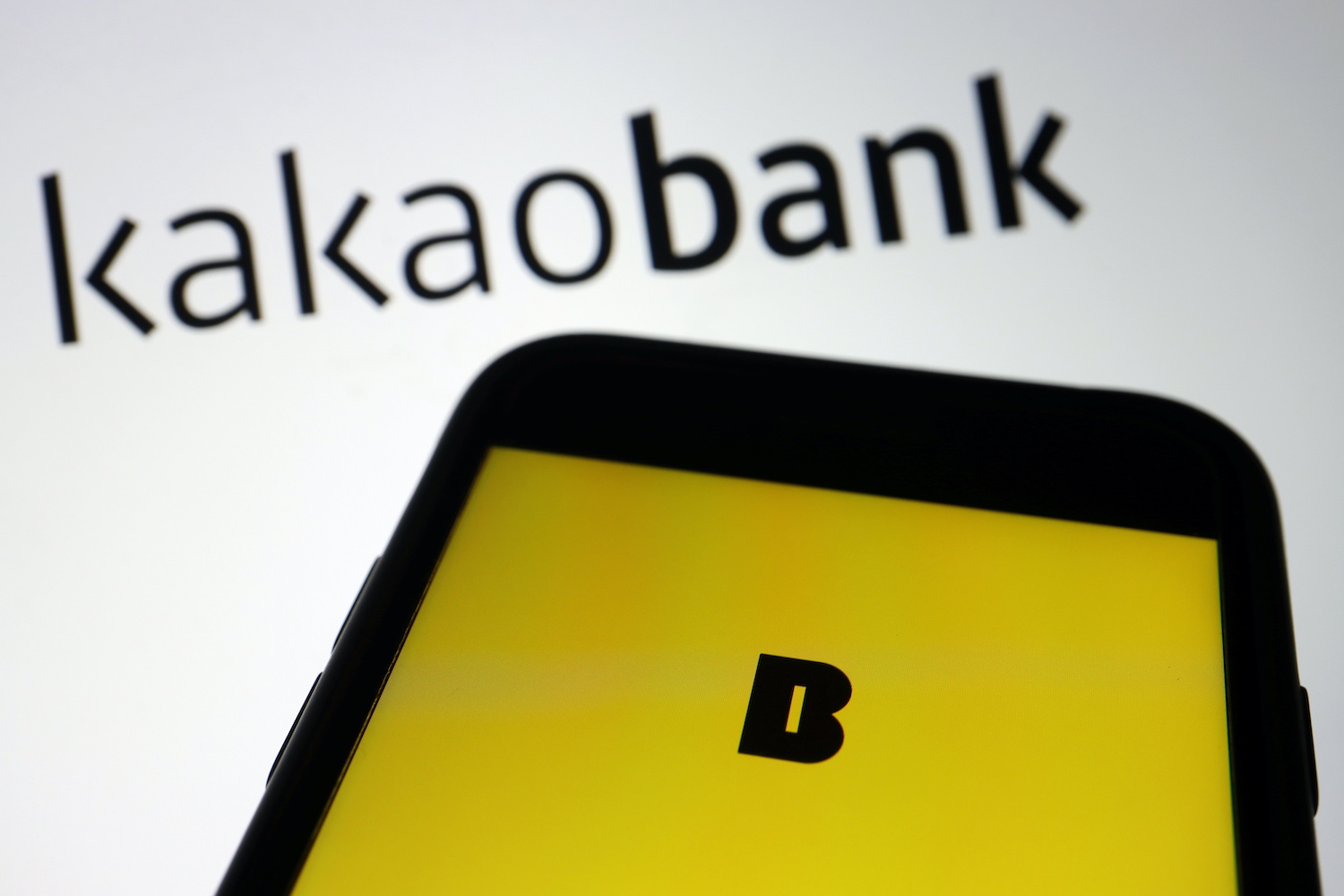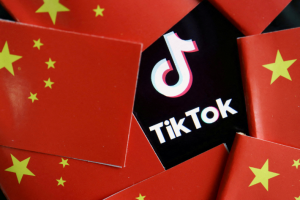• The $29bn-valued online bank now eclipses KB Financial Group in value
• Analysts say China’s tech crackdown and Ant IPO cancellation boosted launch
Digital lender Kakao was celebrating becoming South Korea’s biggest financial services firm after it blew away expectations with a blockbuster listings debut.
The online bank surged 79% from its IPO price on Friday to become the country’s leading outfit in its sector by market value.
It is the first digital-only bank in Asia to go public and that prompted frenzied demand, particularly as Chinese listings have fallen out of favour in the wake of Beijing’s recent regulatory crackdowns.
Also on AF: Chinese Companies Ramp Up Investment in Lithium Batteries
Kakao Bank, which counts the country’s dominant chat app operator as its top shareholder, is expected to capitalise on rare growth opportunities for a financial firm afforded by an unusual South Korean regulatory framework.
Due to its large user base, it is able to recommend and collect fees on products offered by other financial firms on a much bigger scale than many traditional lenders, and also has an advertising business.
“Shareholders are bullish as it’s a platform, not just a bank,” Seo Young-soo, an analyst at Kiwoom Securities, said.
Its shares closed at 69,800 won on Friday, compared with its IPO price of 39,000 won and valuing it at roughly $29 billion. By contrast, KB Financial Group Inc, South Korea’s biggest traditional financial group, was worth $19 billion.
APP SUCCESS
“The heavy demand was due to local institutions not getting as much as they wanted during bookbuilding and foreign firms with money earmarked for fintech investments,” Kim Ji-young, analyst at Kyobo Securities, said.
“On top of that, it seems some funds have been rerouted here due to the cancellation of Ant Financial’s IPO and other major offerings from China amid the recent tech crackdown.”
Kakao Bank became profitable in 2019 after less than two years in operation and has 13.35 million monthly active users, making it the largest financial app in the country.
“It’s the only purely mobile digital bank in the world that has grown into a large bank with 28.6 trillion won ($25 billion) in assets in just four years,” said Seo.
PLATFORM BUSINESSES
Some market participants said, however, that Kakao Bank’s debut valuations were hard to justify given its earnings, noting that KB Financial is expected to post around 3 trillion won in net profit this year, more than ten times what Kakao Bank is likely to make.
Kakao Bank raised some $2.2 billion in its IPO and plans to use the proceeds to expand its platform-related businesses, which still only account for 6% of its income.
Three-quarters of the 804.2 billion won it made in operating profit last year was interest income.
LUMP SUMS
It offers unsecured personal credit loans and now holds 6% of that market. It also extends loans for the lump sums that Koreans must provide upfront when renting a property and plans to expand into mortgages and loans to small businesses.
The IPO was the country’s fourth-largest and its most subscribed ever with institutional demand reaching $2.2 trillion, marking another high point in what is shaping up to be a bumper year for South Korean stock market floats even if some valuations have been slashed in recent offerings.
- Reuters and Sean O’Meara
Read more:
Seoul Banks on Fintech to Solve Household Debt Crisis: FT
South Korean Game Developer Krafton Aiming at $3.75bn IPO Target
























